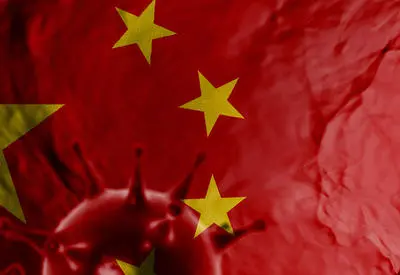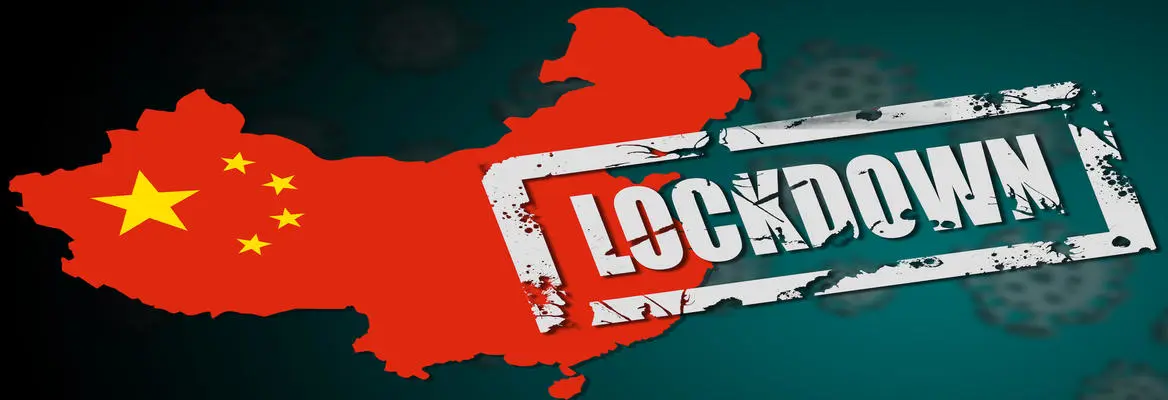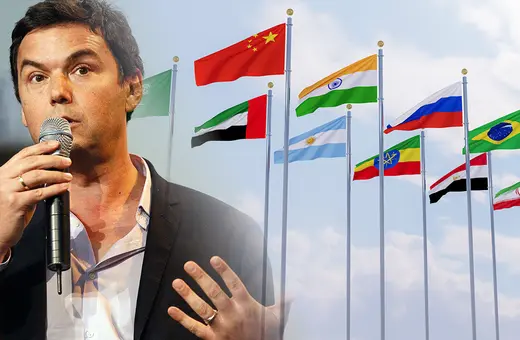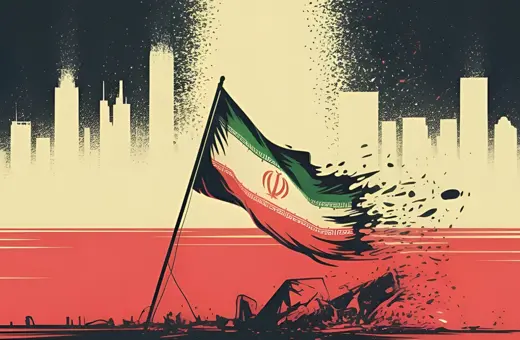Xi Jinping is expected to visit Saudi Arabia any day now, his first trip outside of China in over two and half years. China’s strict Zero-COVID policy has changed Beijing’s diplomatic agenda, deepening Xi Jinping’s relations with other autocratic leaders. At the same time, Zero-Covid isolationism has meant that fewer people have been able to travel to and from China, contributing to the surge of nationalism and the widening the rift between the Chinese public and the rest of the world, write Viola Rothschild and Hongshen Zhu.
As China’s COVID cases hit a three-month high, leaders in Beijing show no signs of abandoning their uncompromising “dynamic zero-COVID” policy. As of late July, over 260 million people—a fifth of China’s population—in 41 cities are experiencing full or partial lockdowns as highly contagious Omicron sub-variants continue to spread. Now, the virus has infiltrated all 31 Chinese provinces, with the latest lockdown horror stories emerging from holidaymakers stranded on Hainan, a popular vacation destination in southern China. But regular Chinese citizens have not been the only ones staying at home—China’s top leaders are staying at home too.
 SUGGESTED READING
China's ideological ghosts
By Rana Mitter
SUGGESTED READING
China's ideological ghosts
By Rana Mitter
Chinese president Xi Jinping has not travelled beyond greater China’s borders for over two and a half years, though rumours are circulating that he has plans to break his self-imposed isolation to visit Saudi Arabia any day now, Central Asia in September, and Indonesia in November for the G20 Summit. His last trip abroad was to Myanmar for a state visit in January 2020. Xi declined to travel to Europe for the 2021 G20 and COP26 climate meetings in person, opting to instead attend via video. In fact, all seven standing members of China’s top leadership body, the Politburo Standing Committee, have not left the country since the outbreak of the pandemic. Han Zheng was the last standing committee member to travel abroad, attending Davos in January 2020. Two days later, Wuhan locked down. China’s relative lack of physical visibility on the world stage has been touted by western media outlets as evidence of China’s diplomatic isolation and an ultimately disadvantageous inward turn. However, Beijing has continued deepening its diplomatic relations with countries it sees as key allies. At home, the isolation of the country’s population from the rest of the world has manifested in increased control and the flourishing of an exceptionalist, nationalist ideology.
___
China’s brand of remote, home-field diplomacy that has taken shape under the Zero-COVID policy has naturally favored well-disposed autocratic leaders willing to play by Beijing’s rules, and further alienated leaders of many western democracies.
___
Indeed, even as China’s leaders have stayed at home, efforts to forge diplomatic connections have continued at full tilt. Since January 2020, Xi has met in-person with over thirty heads of state and appeared via video conference in dozens of international summits. As a substitute for in-person meetings, China dramatically increased its use of direct calls to forge and maintain leader-to-leader relationships. Chinese state media reports that Xi Jinping made 169 direct calls to world leaders since July 2019, 166 of which were made since the beginning of the pandemic--averaging more than a call a week. China also seized its home-field advantage hosting the Winter Olympics in February 2022 as an opportunity to receive foreign leaders in Beijing.





















Join the conversation